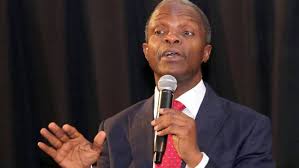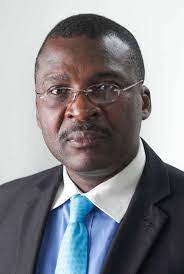The World Economic Forum has canvassed the need for countries globally, particularly the developing ones to improve public sector involvement in climate change mitigation in order to achieve growth.
The Forum, in its just published ‘May 2023 Chief Economist Outlook’, highlighted the need for developing economies to drive progress on major national and global challenges, especially climate change mitigation and infrastructure development.
According to the WEF, developing economies, including Nigeria, are contending with sundry issues, especially tepid global conditions, policy uncertainty, weak investment environments and some of the highest inflation rates globally, that are limiting progress and restricting investments
The Forum’s chief economists believe that cost-of-living pressures are particularly acute in some developing economies, where domestic price dynamics are exacerbated by currency depreciation, noting that pressures of deepening geopolitical tensions and intensifying industrial policy are only making things worse for the affected countries.
The Nigerian government has always stated its commitment to climate change mitigation but is facing funding and geopolitical tensions challenges that are vitiating its efforts to address climate change issues.
It would be recalled that Nigeria’s Vice President, Prof. Yemi Osinbajo, had in November 2022, said that Africa received $29.5 billion annually as opposed to the $277 billion it needed for climate financing
The President of the Association of Environmental Protection and Climate Change Experts, Air Vice Marshal Akugbe Iyamu, last month said that Nigeria needed to be transparent in its climate change activities to access climate financing.
Specifically, he listed international management of climate financing pillars, namely adaptation, mitigation, and the means of administering those funds, as critical to enable Nigeria to access available climate funds.
A few weeks ago, the African Development Bank, (AfDB) also cautioned that Africa may lose about 12% of its GDP by 2100, if current trends in climate finance flows into the continent, the annual shortfall which it projected could hit $127 billion by 2030, are not improved.




